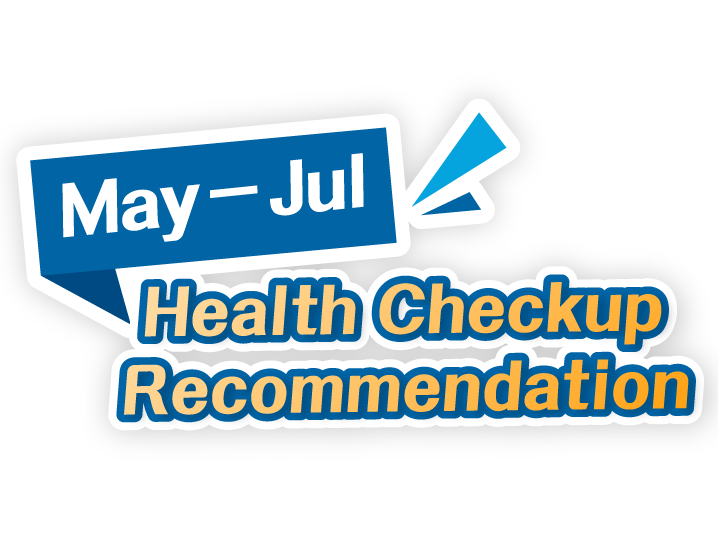You might have heard of the MMR vaccine as a child, and it is something that is given to most of us as we are growing up to prevent the measles, mumps, and rubella. The CDC recommends that people get the MMR vaccine at the age of 12 months for the first dose, and then 4-6 years old for the second dose. After this, both teens and adults might consider getting booster shots to ensure they are not at risk of any of these diseases.
The first question we are going to answer today is what the MMR vaccine is used to protect against. This vaccine uses live cultures of 3 different diseases and is used to build up the body’s immunity and allow the body to create antibodies to fight against any potential infection later in life.
The vaccine is used to prevent the pathogens that cause measles, mumps, and rubella. But what are these diseases and why do we need protection against them?
Measles is a disease that causes fever, headache, ear infections, cough, runny nose, watery eyes and more. More severe infections of measles can result in pneumonia, brain damage, and can even be fatal.
You may have seen mumps played off as a joke in shows such as Brooklyn Nine Nine, but this illness can be incredibly nasty and cause some severe complications. The main visible symptom of the mumps is swollen salivary glands that are hard to the touch and incredibly tender. When inflammation reaches the spinal cord or other parts of the body, this is where the issues may lie and where risk of death increases.
Rubella is a disease that many of us associate with pregnant women and the reason for this is because if a pregnant woman happens to get Rubella they can miscarriage or their baby can be born with some dangerous birth defects. It is important to note that Rubella affects anyone and causes fever, sore throat, itchy eyes and more.
All of these diseases can be incredibly painful and even fatal, hence why most of us will be vaccinated at a very young age and this will be kept up throughout our lives to ensure we are safe.
When vaccinating for MMR, it is important to start early and build up that essential immunity as soon as possible before a child comes into contact with these diseases. The MMR vaccine is incredibly safe for all ages, and is very effective at preventing measles, mumps, and rubella. It is important to note that like any other medicine, the vaccine can have side effects, but this does not mean it is not safe for use.
The MMR vaccine uses live measles, mumps, and rubella to trigger an antibody response in the patient. When the vaccine enters the body, white blood cells will assess these foreign threats and a code will be created to rid the body of these pathogens. Think of it like your body scanning the barcode of a pathogen to find out what it is.
Since the vaccine was introduced in 1968, millions of people all over the world have been given the vaccine and successfully protected against these diseases. The great thing about this vaccine is that the persistence of immunity in people after having the vaccine is high, meaning many of us don’t need to have a booster layer in life as the innate immunity stays.
Just like with any vaccination there will be a few mild side effects after the fact. Most people after having the vaccine will feel a tenderness in the arm as well as some stiffness of the joints as the body learns what these new pathogens are and fights against them.
Some people will get a mild rash after the vaccination but this will usually only last for a day or two before it calms down.
In less common cases, a person might suffer from a fever after the vaccination and this is a sign of your body fighting against foreign bodies.
In rarer cases, some people who have a vaccine will get some swelling in the cheeks or neck and this can be uncomfortable.
Sometimes the MMR vaccine can cause a small platelet count in the body and this can cause a bit of bleeding which will go away on its own.
When considering keeping yourself and your child safe this year, consider taking the MMR vaccine.

